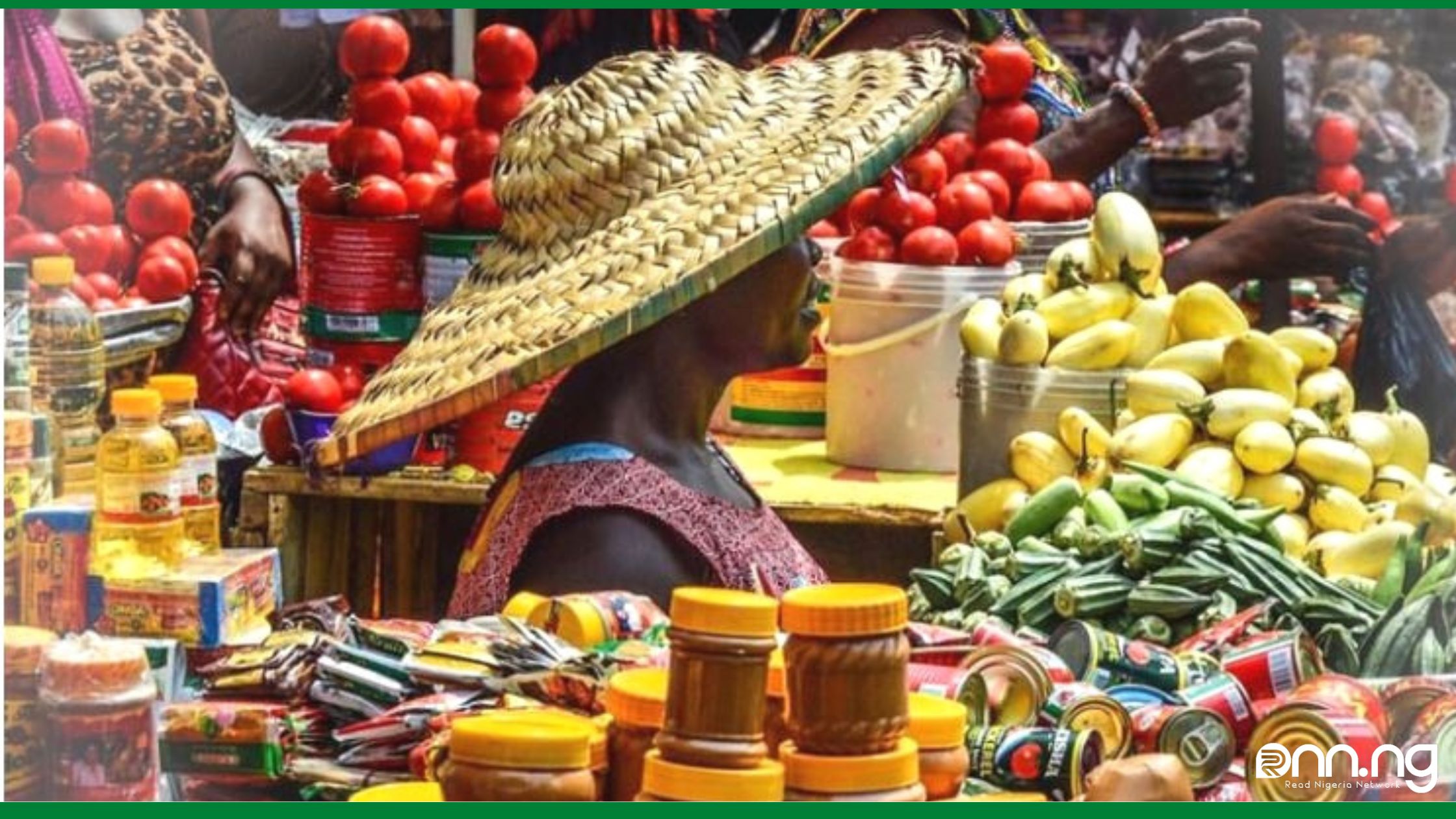Business News
Ghana inflation rate hits 50.3% in November 2022
According to data released on Wednesday by the Ghana Statistical Service, annual consumer inflation in the nation increased…

- Ghana’s inflation rate hits 50.3% in November 2022
- Ghana’s inflation rate reaches a record high of 40%
According to data released on Wednesday by the Ghana Statistical Service, annual consumer inflation in the nation increased to 50.3% in November from 40.4% in October.
Ghana has been experiencing a serious economic crisis, which last week led to a restructuring of its domestic loans. The nation also disclosed an agreement for a $3 billion bailout with the IMF.
Even though Ghana’s inflation rate in January of this year was only 13.6%, price hikes caused by currency depreciation and a fiscal crisis have persisted.
Ghana’s inflation rate reaches a record high of 40%
The situation of Ghana’s economy is still going in the wrong direction, seeing a spike in its inflation rate for the 17th consecutive month, rising to a record high of 40%. The country’s inflation rate was 37.2% in the previous month, which sparked a protest and led the president to sound the alarm.
The increase in the price of housing, water, electricity, gas, and other fuels, which collectively recorded an inflation rate of 69.6%, had a significant impact on last month’s inflation. Household equipment and routine home maintenance (55.7%), transportation (46.3%), personal care, social security, and other goods and services (45.5%) were other factors that contributed to the inflation rate.
Professor and Government Statistician Samuel Kobina Annim announced the news during a press conference on Wednesday. He said, “Food inflation increased from 37.8% to 43.7%in the month under review, while non-food inflation also rose to 37.9%.” Inflation for locally produced items was 39.1 percent, while that for imported items increased to 43.7 percent.”
The sharp increase in water prices, which had an inflation rate of 64.3%, was what caused the food price increase.
The following are some additional significant statistics for the month of October: milk, dairy products, and eggs (58.9%); sugar and desserts (54.6%); fruit and vegetable juices (54.1%); fruits and nuts (52.4%); fish and other seafood (51.5%); cereal and cereal products (51.3%); tea, live animals, and meat (40.3%); oils and fats (39.4%); soft drinks (36.6%); and other plant products (46.1%).
Continue Reading: Ghana’s inflation rate reaches a record high of 40%
